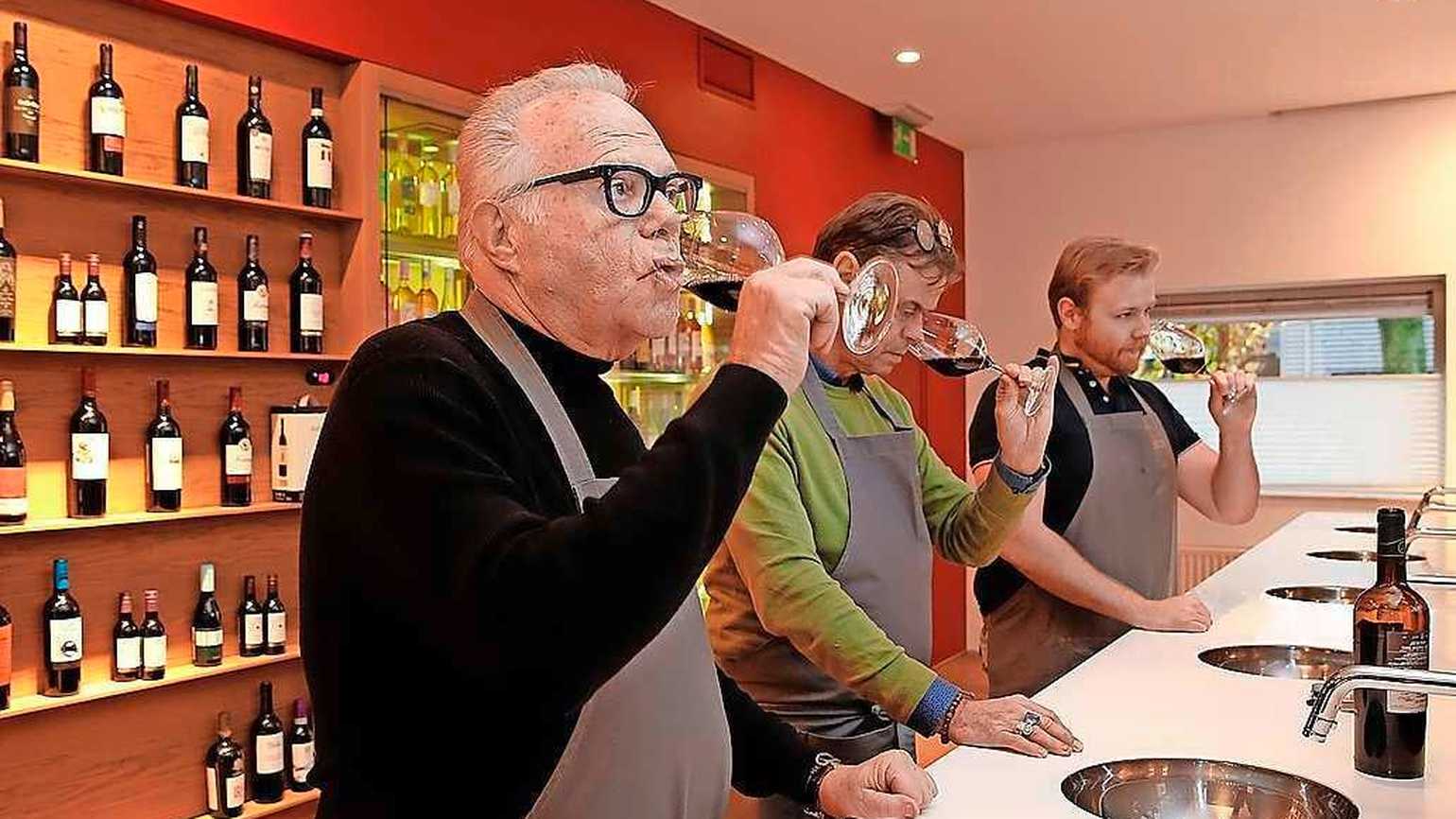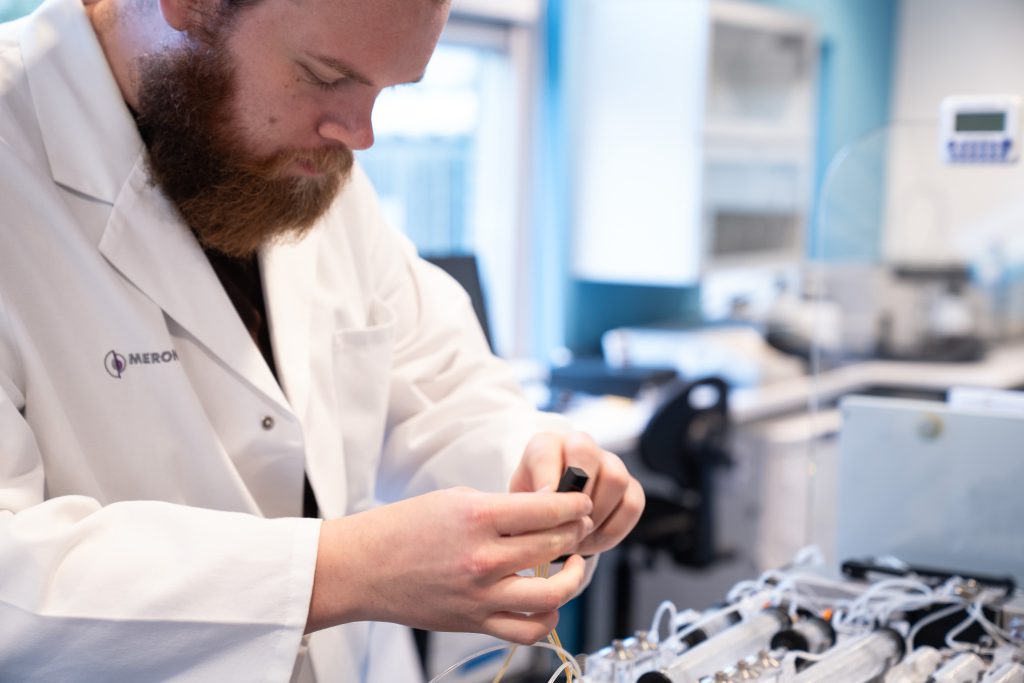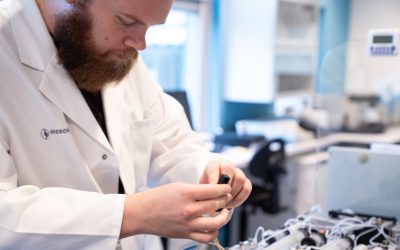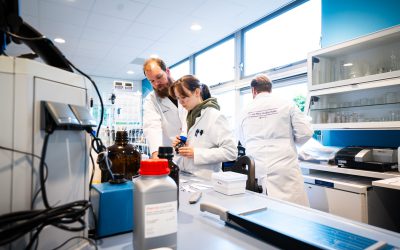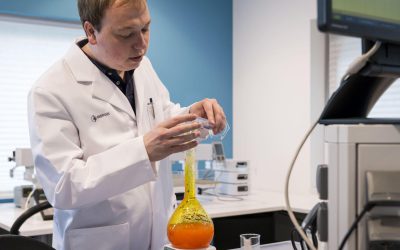“No more bad supermarket wine”
What if a machine could “taste” wine more accurately than a connoisseur? In this De Telegraaf article, Harry van den Dungen, our founder, shares how advanced technology is revolutionising the wine industry. From analysing 350,000 bottles to matching wines with personal taste profiles, this article speaks about:
✅ The precision of machine-based wine analysis
✅ How supermarkets are using data to improve wine quality on shelves
✅ Why Meron’s lab combined with expert tasting can increase sales
📰 Read the full article (in Dutch) and see how science and wine come together.
